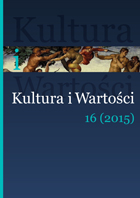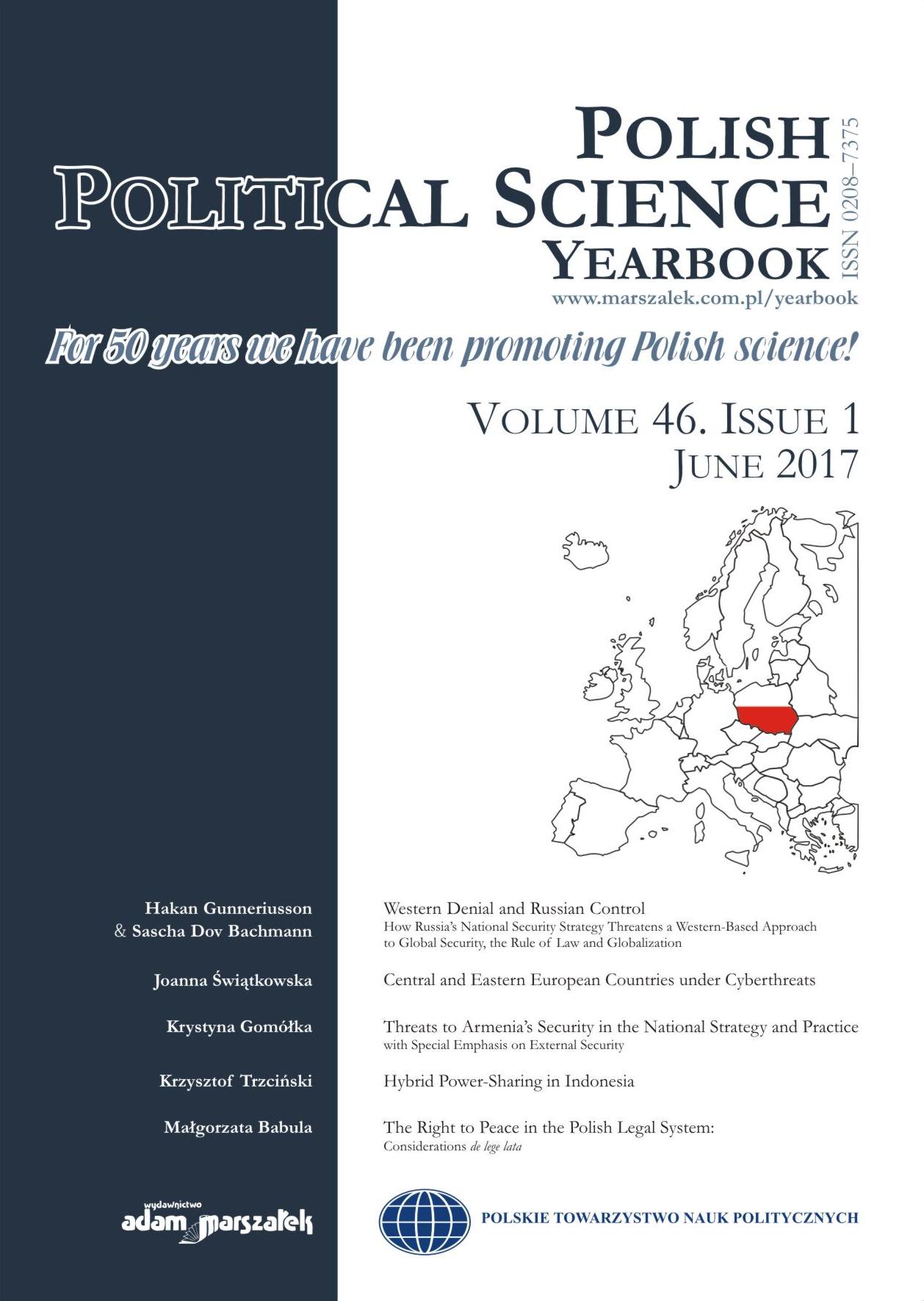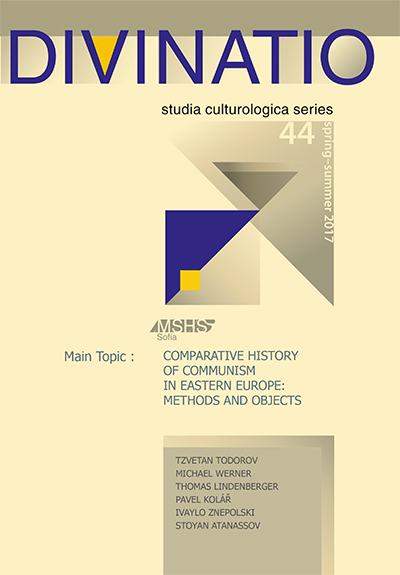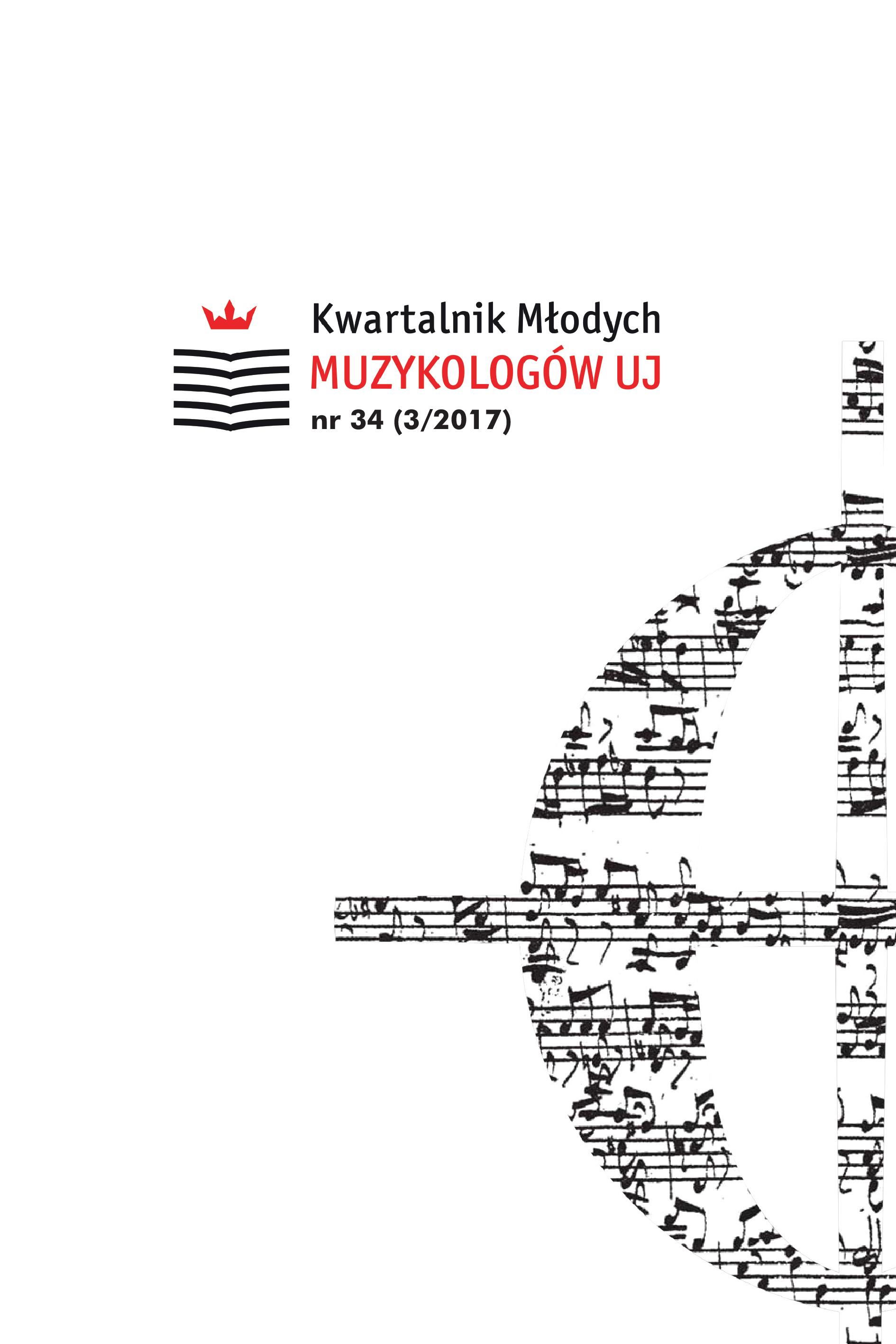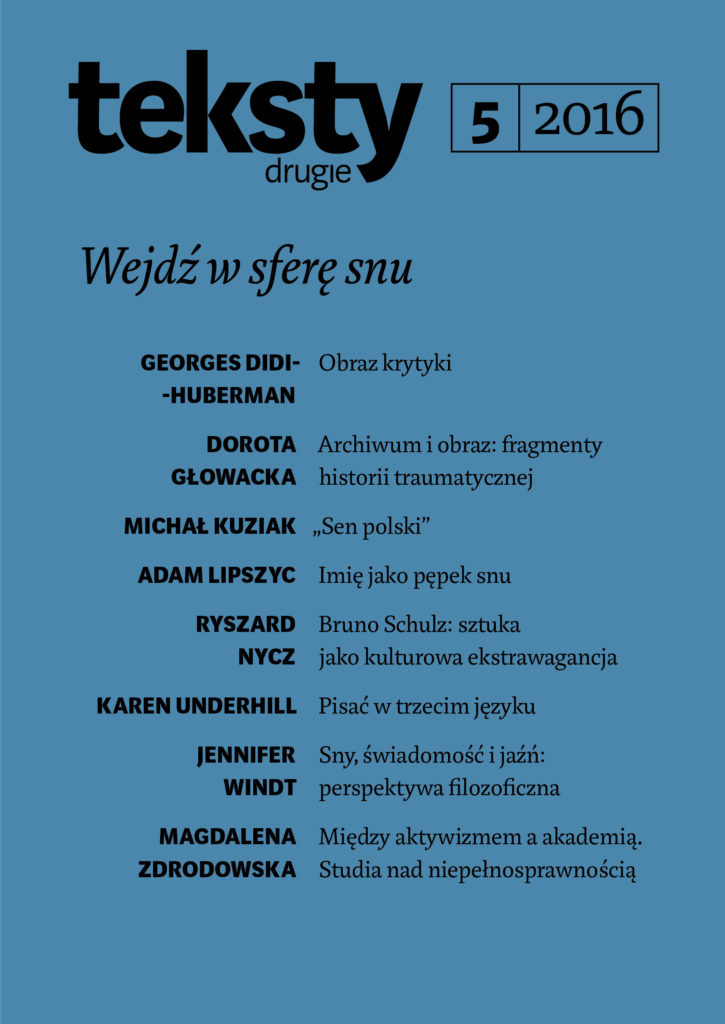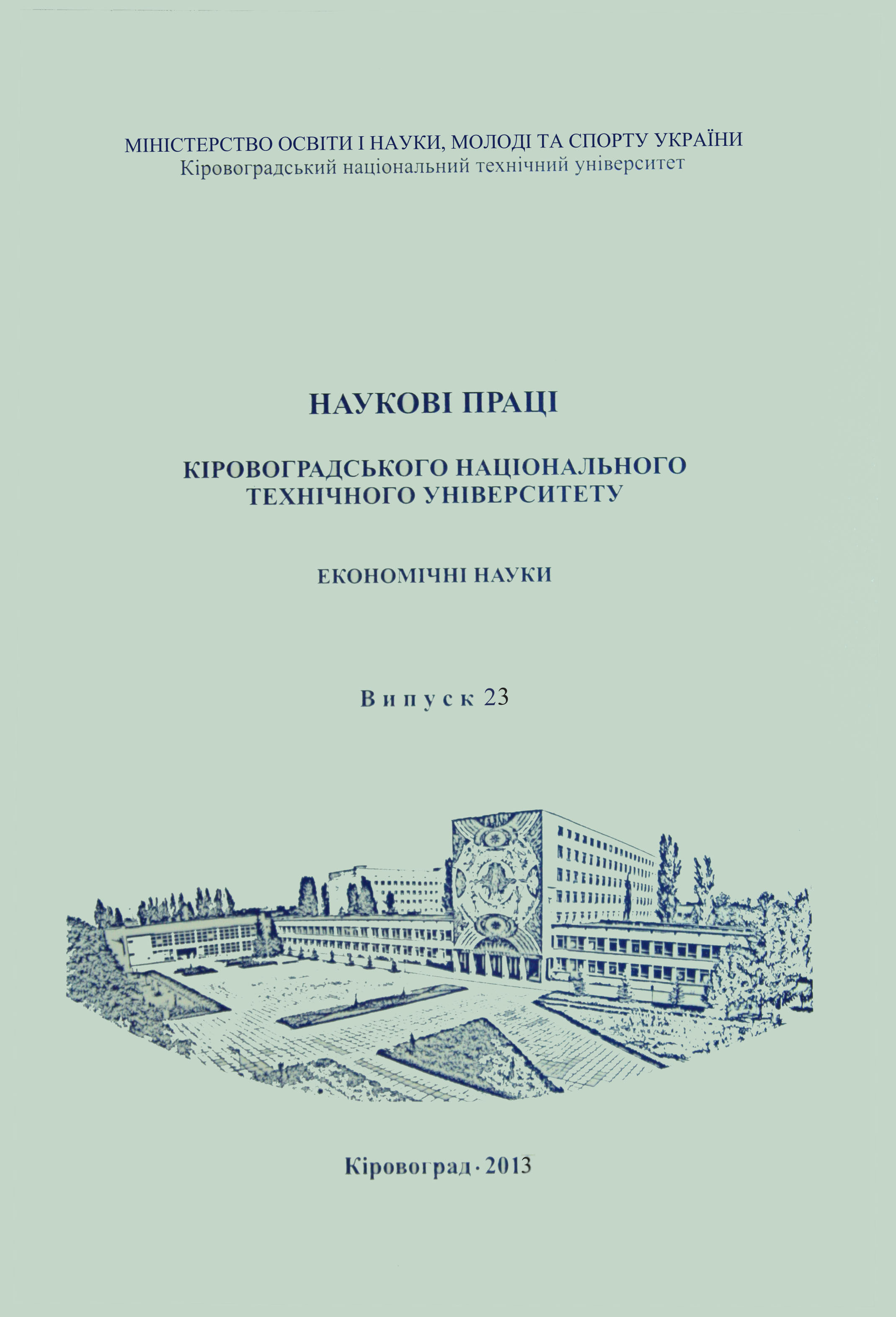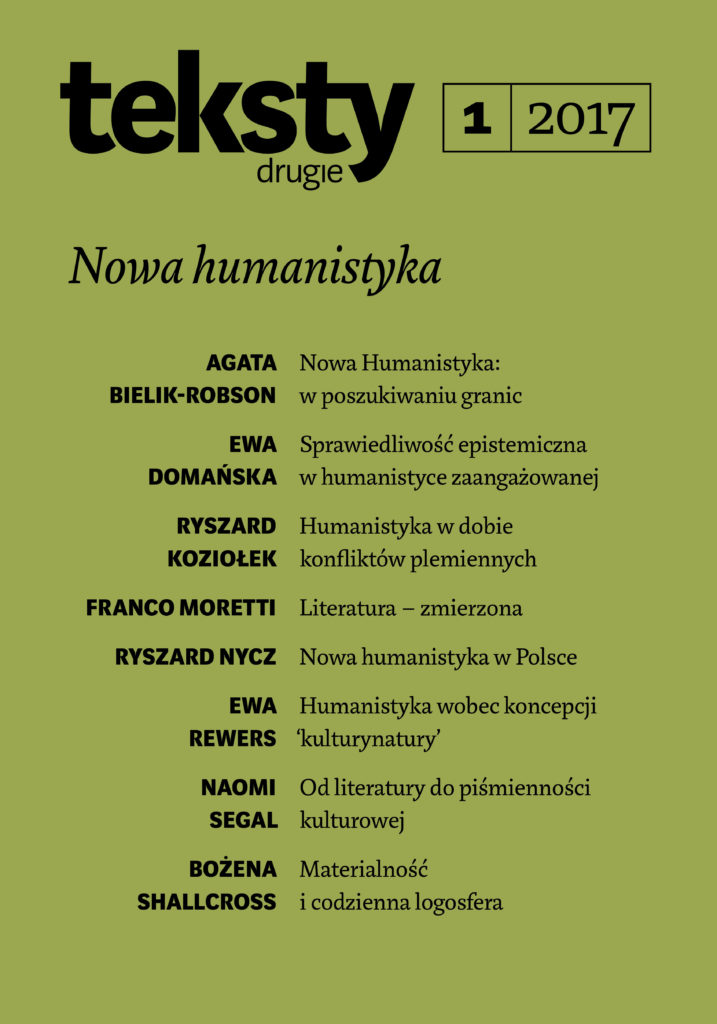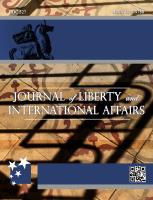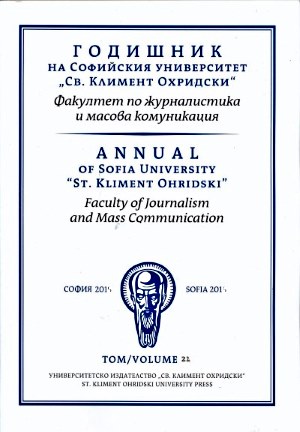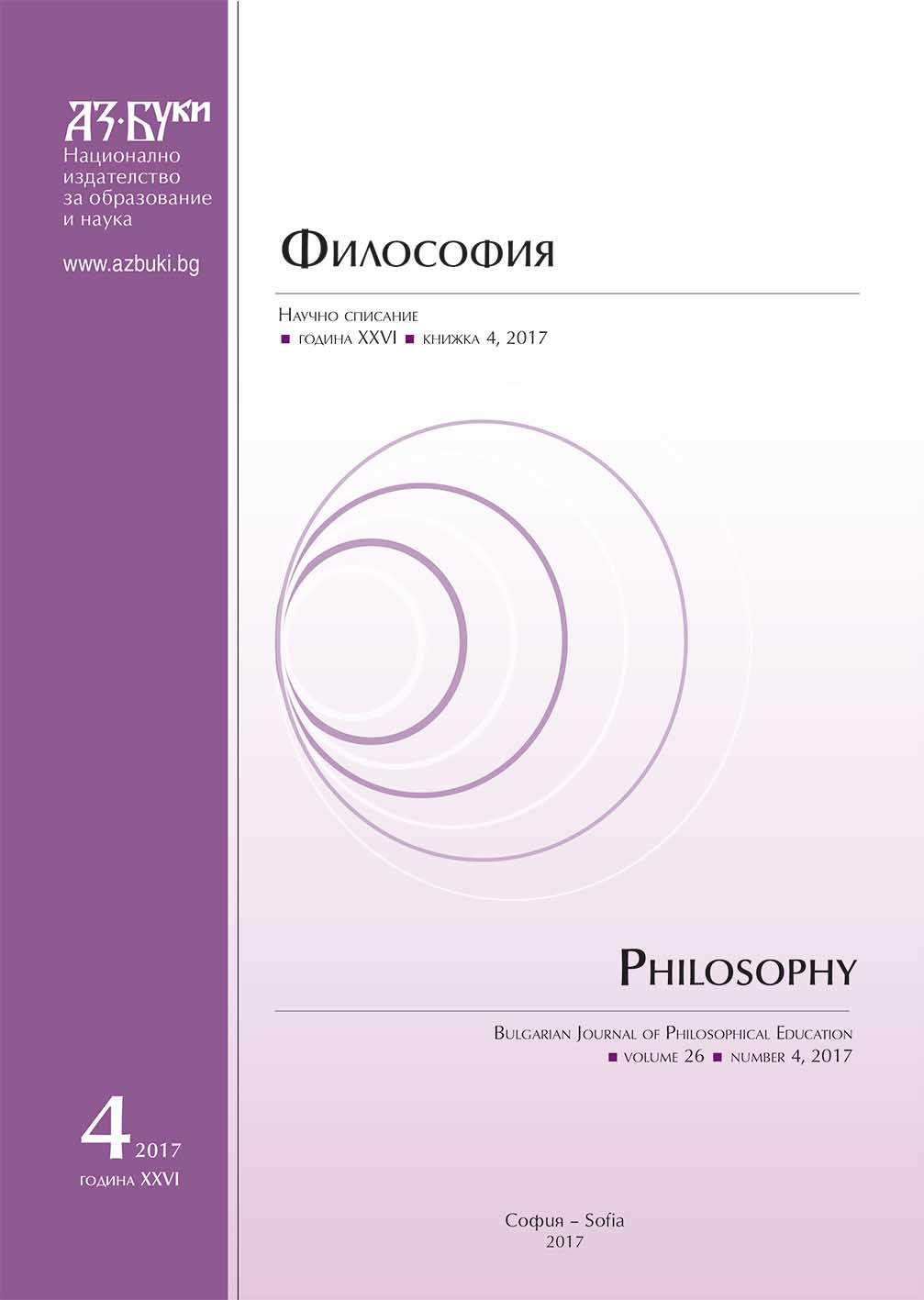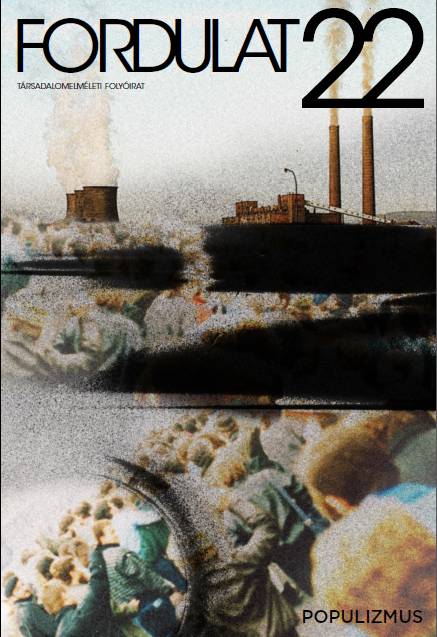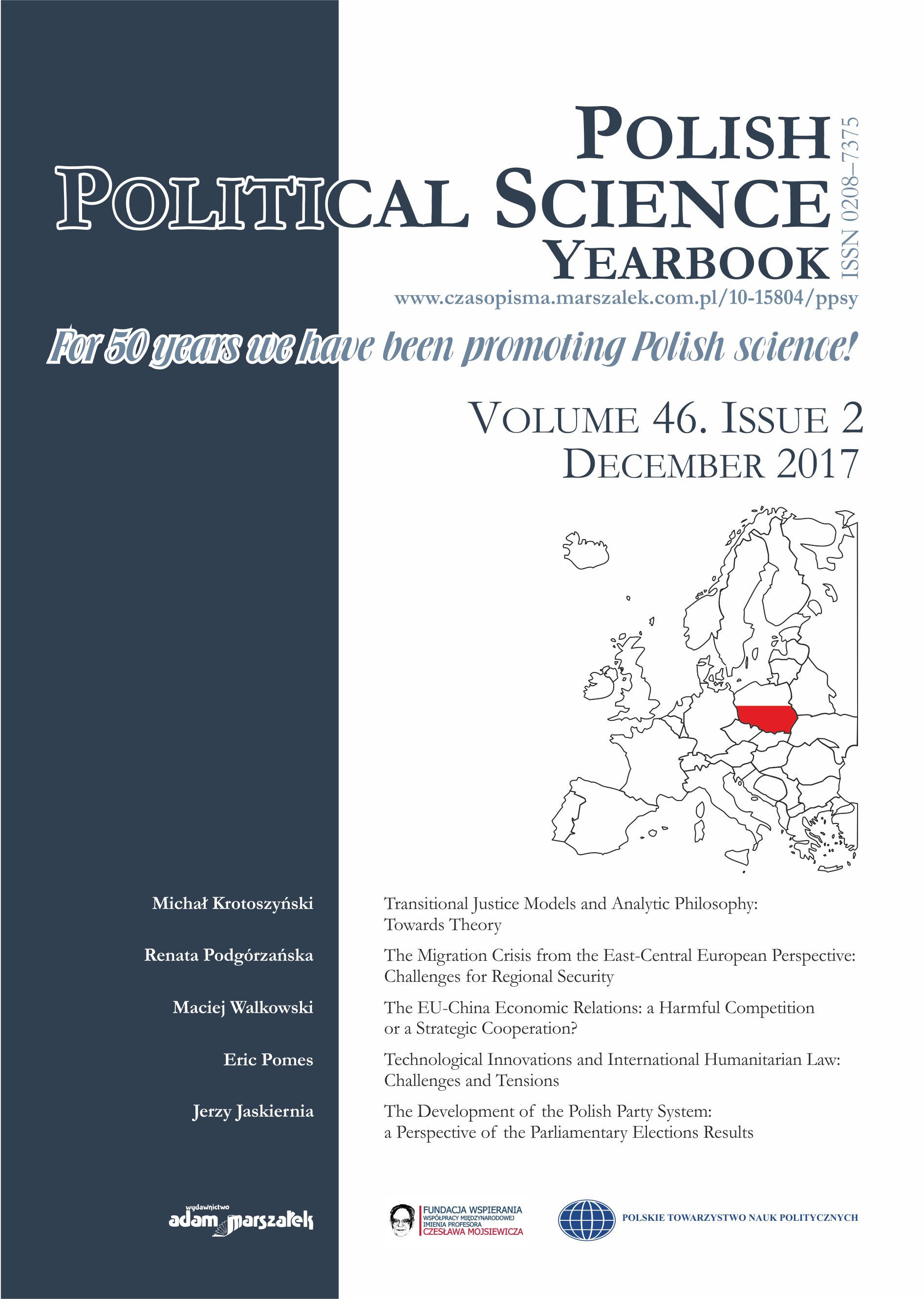Author(s): Stanislav Stojanović,Ksenija Đurić-Atanasievski / Language(s): Serbian
Issue: 2/2016
Modern globalization based on the idea of one world is one of the most popular international concepts that aroused huge expectations and fueled tremendous energy. Aspiration for unified governance of the world is as old as the world itself and the continuity of global political tendencies can be traced back to the earliest beginnings of the social history of humanity. However, an idea aimed at geographical and political unification of the world was never before so powerful and seductive as is the case with contemporary globalization. Proponents of globalization have claimed that the triumph of the West in the Cold War competition confirmed the superiority of the liberal model and represented a break with the real politics perception of international politics. In this way, as argued, the conditions were created for the societies around the world to start their own reconstruction and define new directions of social development through the prism of neo-liberal school of economics. The process of global rapprochement, creating a global culture and universalization of democratic governance, permanently overcoming war and the establishment of lasting peace was announced. This mission of creating a global society in which economic forces define all other social contents is declared as the inevitability and necessity. The analysis indicates that it is now evident that the social and political reality has not developed as announced by the proponents of globalization at the beginning of the last decade of the twentieth century. Fascinating technological achievements cannot mitigate devastating failures and painful consequences of globalization that open spaces of long-term instability in the world and the social, economic and political wasteland of its development. It is increasingly evident that the outcome of global processes strongly denied the truth about the inevitability of economic theoretical concept whose ambition was to transform the political, economic and social fields of modern societies. The modern world fell into a time of confusion, uncertainty and insecurity, growing into a global risk society. The economic crisis and financial instability discredited the idea of the global market, and inequality and poverty desocialized the space that has reached planetary proportions. Strong reapprochement of nations, political communities and cultures and intensifying their interdependence encouraged more intense disagreement, the emergence of new national models, radicalizing definitions of identity to the most devastating forms. The return of the concept of the world in which the instruments of real politics become prevalent is more certain, which reverses the optimism about relations in international politics. Globalization has not transformed the world, and the concept of global governance of the world proved to be a failed attempt, manifesting a variety of system dysfunctions. Turbulent economic trends, geopolitical situation that is perhaps more dangerous than any other the world has had since the Second World War, chaos and extremism in the East, disoriented and weakened Europe and increasingly prominent hierarchization of the world into those who have and those who do not have represent dominant characteristics of the concept of global society. Instead of global rapprochement, which has been the supporting idea of global processes, the modern world is facing intense global process of divergence, and the multicultural concept of global community is threatened by intrusive ideological universalism, unjustified in terms of social, economic and cultural trends in the world. All this indicates that the modern world is going the opposite direction, giving priority to competition rather than cooperation, and that global order permanently institutionalizes inequality, making global peace and stability difficult to achieve. At the same time, globalization, especially its technological achievements, increased the number of problems that require global engagement and multiplied activities that require international regulation. Transnational endangering security, above all, terrorism, weapons of mass destruction, organized crime, environmental degradation and population explosion, as well as the practice that transnational security associations and the armed forces of the most powerful countries in the world are often engaged contrary to the rules of international legal order defining the use of force in international relations, are just part of the phenomenon of contemporary reality seeking global approach. Hence, although demonstrated substantial shortcomings of global governance of the world discouraged belief in a unified humanity, it did not reduce the objective need for a global approach to many contents of modern human existence.
More...
